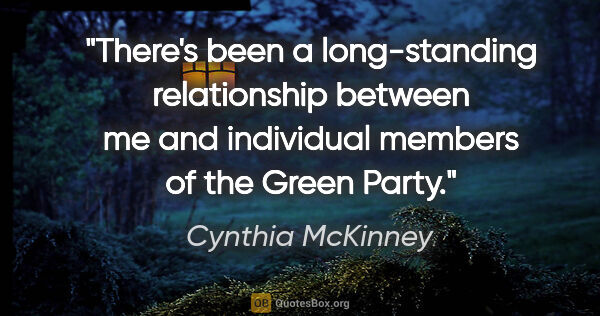Long-Standing Quotes

What I have learned from about twenty years of serious reading is this: It is sentences that change my life, not books. What changes my life is some new glimpse of truth, some powerful challenge, some resolution to a long-standing dilemma, and these usually come concentrated in a sentence or two. I do not remember 99% of what I read, but if the 1% of each book or article I do remember is a life-changing insight, then I don't begrudge the 99%.From "Quantitative Hopelessness and the...
John Piper
In the past, pure scientists took a snobbish view of business. They saw the pursuit of money as intellectually uninteresting, suited only to shopkeepers. And to do research for industry, even at the prestigious Bell or IBM labs, was only for those who couldn't get a university appointment. Thus the attitude of pure scientists was fundamentally critical toward the work of applied scientists, and to industry in general. Their long-standing antagonism kept university scientists free of...
Michael Crichton
There are people who feel deeply but are somehow beaten down. Their buffoonery is something like a spiteful irony against those to whom they dare not speak the truth directly because of a long-standing, humiliating timidity before them. Believe me, Krasotkin, such buffoonery is sometimes extremely tragic.
Fyodor Dostoevsky
But guilt is guilt. It doesn't go away. It can't be nullified. It can't even be fully understood, I'm certain - it's roots run too deep into private and long-standing karma. About the only thing that saves my neck when I get to feeling this way is that guilt is an imperfect form of knowledge. Just because it isn't perfect doesn't mean that it can't be used. The hard thing to do is to put it to practical use, before it gets around to paralyzing you.
J. D. Salinger

It is time... to end the long-standing and unproductive methodological debate over 'originalism' versus 'dynamism' or 'evolution' and focus instead on how, as a substantive matter, we should interpret the Constitution in the twenty-first century, and what it has to say on questions unimaginable to our eighteenth-century Framers.
Diane Wood

